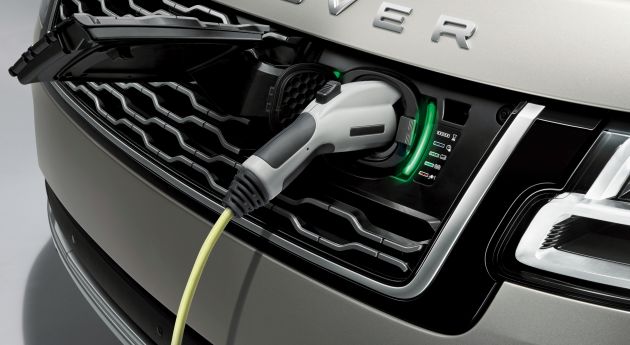Malaysia says it is ready to offer a “handsome level” of tax incentives to accelerate its electric vehicle (EV) agenda in the country. Beyond fixed incentives that will benefit both users and the industry, the government will look into adding on further customised incentives for manufacturers based on their level of commitment, according to Malaysia Automotive, Robotics and IoT Institute (MARii) CEO Datuk Madani Sahari.
Speaking yesterday during a webinar session titled A New Start for EV In Malaysia organised by Eurocham Malaysia’s Automotive Sector Committee, he said that the new EV policy will contain fixed and defined incentives, unlike at present, where incentives are customised under the National Automotive Policy (NAP 2020).
“Currently, we are implementing customised incentives, depending on your economic benefits. But under the new EV accelerated policy, there are fixed incentives. One part of these fixed incentives is related to the excise duty, import duty and sales tax, in terms of what users and the industry is going to enjoy,” he said.
“But on top of that, if you are bringing into Malaysia something extraordinary, we are willing to consider even higher level of incentives, one that will be customised exactly to the level that you are bringing into the country,” he explained. This initiative will not only cover carmakers but also EV component manufacturers.
As for buyers, tax incentives are being finalised in the accelerated policy, and the government was looking at providing a host of benefits for EV adopters, Bernama reports. Madani said that users would generally enjoy direct incentives such as lower road tax, the benefit of a green parking scheme, toll rebates as well as rebates on the installation of home chargers.
Last month, Madani said that discussions related to buyer incentives also included the possibility of rebates being offered for the upgrading of wiring – from single phase to three phase – for home chargers.
“This mechanism is in the final approval by the government but apart from that, as far as the industry is concerned, in principle, we are really going for a handsome level of tax exemption, in the form of a huge tax reduction in terms of excise duty, import duty and sales tax for EVs,” he said.


How much of a reduction this will entail remains to be seen, as the excise duty for fully-imported EVs is currently set at a low 10%, regardless of brand. If is also not determined how many units will enjoy this exemption, and for how long.
A study published by the Malaysian Green Technology And Climate Change Centre (MGTC, formerly known as GreenTech) last month suggested some numbers. In the Low Carbon Footprint Blueprint, it was revealed that full tax relief would be provided for 10,000 units of fully-imported EVs vehicles, the exemption applicable until the end of 2022. From 2023 to 2025, CBU EV units will be given a 50% import and excise duty exemption, in what is a bridging measure until locally-assembled BEVs become available on the market.
According to the document, incentives will also be structured with plug-in hybrids (PHEV) in mind. These include tax exemption for qualified CKD models, with 100% exemption being given until 2022, 75% exemption from 2023 to 2025, and 50% exemption from 2026 to 2030.


Qualifications will also be put in place for PHEVs, based on the electric range per charge and with no engine charging. These are set at an initial 30 km range (NEDC) for this year, expanding to 55 km (NEDC) from 2022 to 2024 and 75 km of travel per charge (WLTP) from 2025 to 2027, before being finally set at 100 km (WLTP) from 2028 to 2030.
Details can be expected when the long-awaited EV policy is finally revealed. Madani said it is hoped that the policy could be brought to the cabinet for approval by June, before it is announced in July. The policy was originally scheduled to be announced in the first quarter of the year.
As it was when we spoke to him last month, he reiterated that the new EV policy will be comprehensive in its application and reach. “The scope of the new policy will include passenger cars, scooters, motorbikes as well as commercial vehicles. It will also include original equipment manufacturers (OEMs), manufacturers of EVs as well as companies that are using EVs as a form of service, such as SoCar and Grab,” he said.
The post Malaysia’s new EV policy to offer lower road tax, green parking, toll rebates and charging incentives – Madani appeared first on Paul Tan's Automotive News.



0 Comments